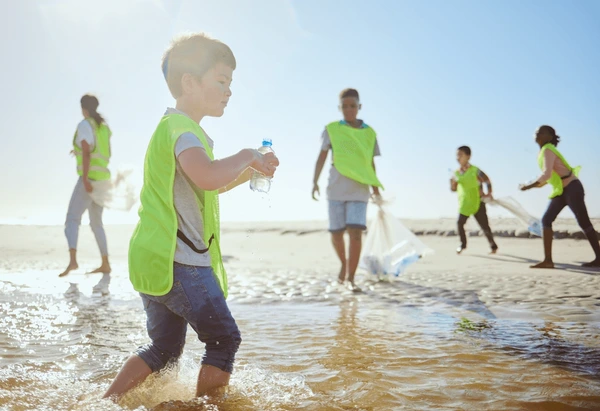Educating Tomorrow’s Innovators: Integrating Sustainability and Plastic Science into UAE Curricula

Educating Tomorrow’s Innovators: Integrating Sustainability and Plastic Science into UAE Curricula
As the UAE marches toward a future defined by innovation and sustainability, its education system is playing a pivotal role in shaping the next generation of environmental stewards and scientific pioneers. By integrating concepts of sustainability, circular economy, and plastic science into school curricula and higher education programs, the UAE ensures that its youth are not just aware of global challenges—they are equipped to solve them.
The urgency is clear: as industries expand and populations grow, the demand for resources, including plastics, continues to rise. Yet, these trends must be balanced against the need to protect ecosystems, reduce emissions, and minimize waste. Recognizing this, the UAE’s Ministry of Education, in collaboration with research institutes and industry partners, is updating educational frameworks to emphasize STEM subjects, environmental studies, and sustainability principles.
At the primary and secondary levels, schools are incorporating hands-on projects and interactive lessons that teach students about plastic lifecycles, recycling processes, and renewable materials. Field trips to recycling plants and clean-up drives along the coast give young learners tangible experiences with the consequences of plastic pollution and the power of collective action. By cultivating environmental awareness early, the UAE is instilling a mindset that values long-term resource management and responsible consumption.
As students progress to higher education, universities and technical institutes are introducing specialized programs that delve deeper into polymer science, materials engineering, and sustainable product design. Here, future innovators learn to develop eco-friendly plastics, create efficient recycling technologies, and prototype products that minimize environmental impact. Collaborative projects with businesses and government agencies allow students to tackle real-world challenges, ensuring that their education is both practical and impactful.
Research centers, such as those affiliated with Masdar Institute and Khalifa University, serve as hubs for cutting-edge innovation. Students and faculty work together on initiatives that improve plastic’s environmental profile—discovering biodegradable polymers, designing advanced recycling systems, and optimizing supply chains for reduced waste. By bridging academia and industry, the UAE nurtures a talent pool that can contribute directly to the nation’s green economy.
The benefits of this educational approach extend beyond environmental outcomes. As the global marketplace increasingly rewards sustainable strategies, graduates with expertise in plastic science and sustainability are well-positioned for career opportunities. This aligns with the UAE’s broader economic diversification plans, ensuring that the nation remains competitive and resilient in a changing world.
To support this educational transformation, policymakers are revising learning standards, accreditation requirements, and teacher training programs. Educators are encouraged to incorporate project-based learning, critical thinking exercises, and cross-disciplinary collaborations. For example, a lesson on biodegradable plastics might also involve economic analysis in a business class or environmental modeling in a math lesson, reinforcing the interconnectedness of the sustainability challenge.
Beyond formal education, awareness campaigns, workshops, and online courses are available to lifelong learners, including working professionals and community members. By making knowledge about sustainable plastics widely accessible, the UAE fosters a culture in which everyone can contribute to the solution—whether by making informed purchasing decisions, joining sustainability initiatives, or starting green businesses.
This holistic approach to education ensures that as the UAE advances, it does so with a generation equipped to lead. By integrating sustainability and plastic science into its curricula, the nation is planting the seeds of a future where environmental responsibility is not just a moral imperative but an economic and cultural asset. In doing so, the UAE sets a global example: that by investing in the minds of the young today, we secure a brighter, more sustainable tomorrow.
